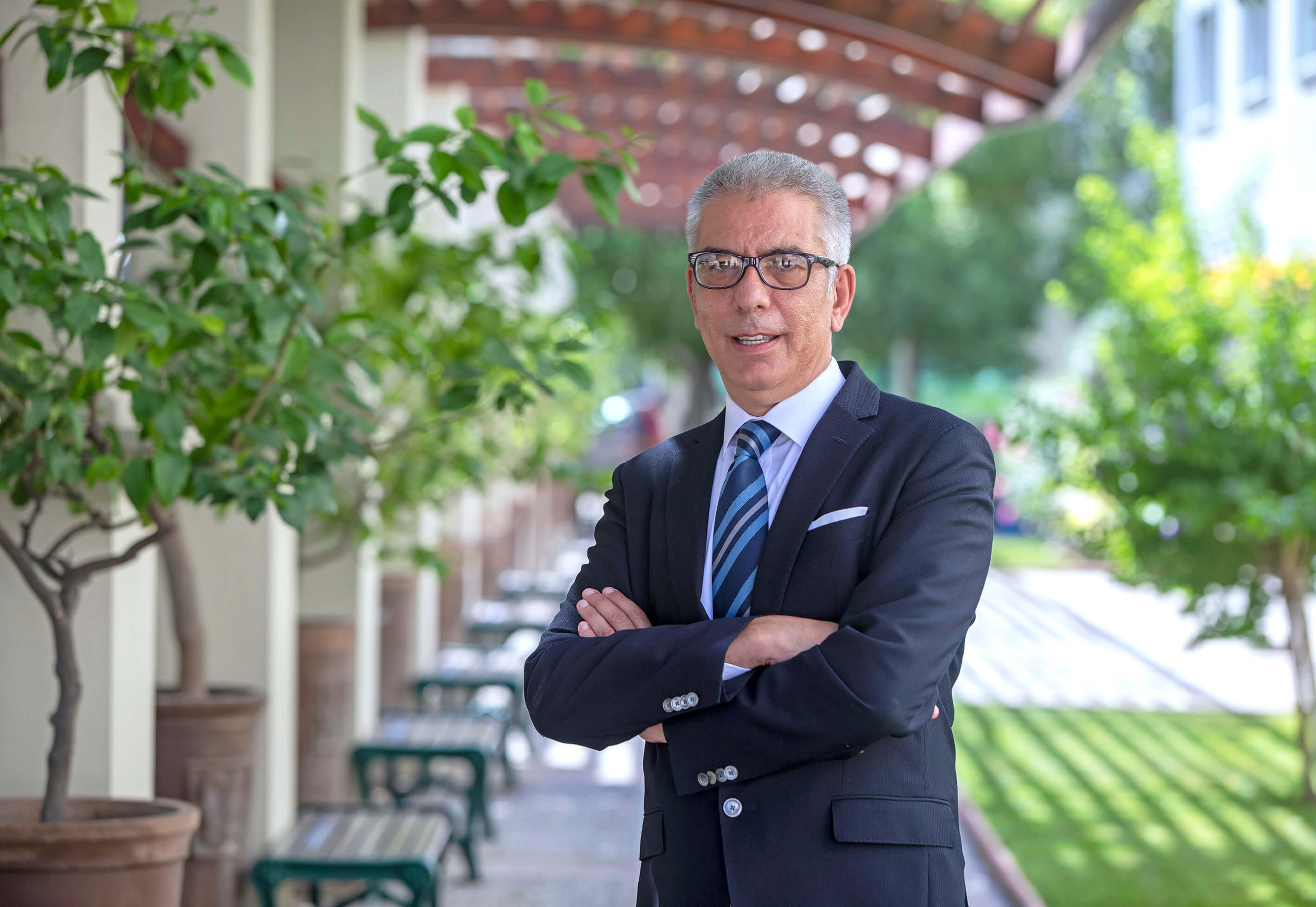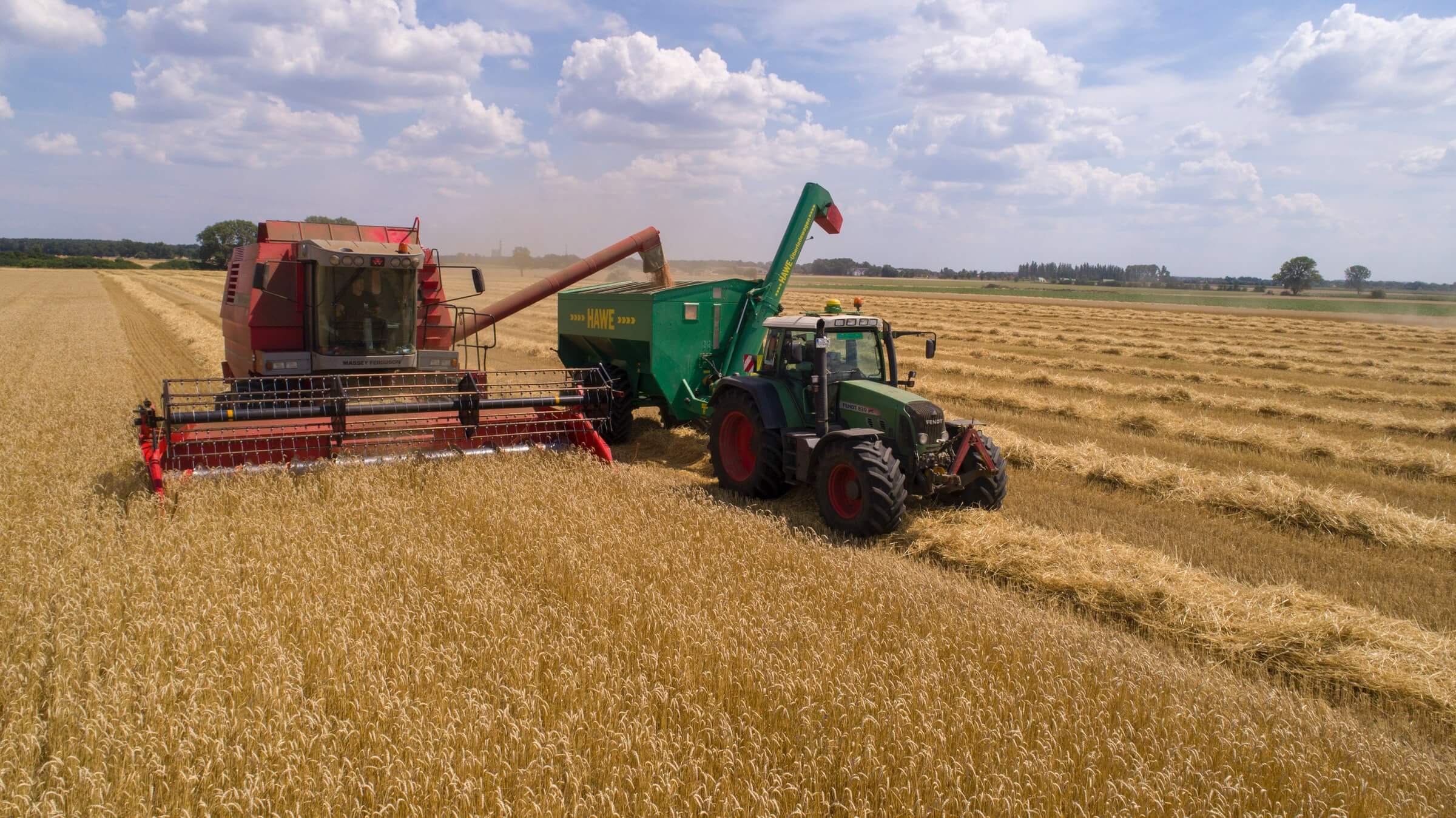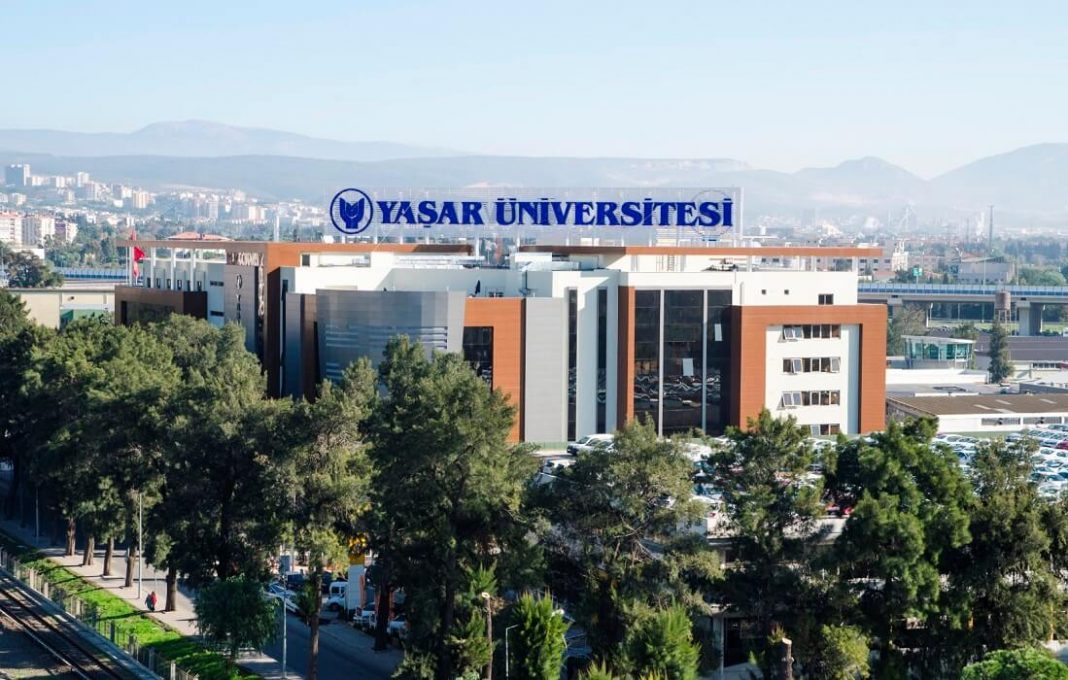Yaşar University’s Faculty of Agricultural Sciences and Technologies is setting off its journey in education. Initiated to raise the quality human resources to meet the most significant need of the agriculture sector, the faculty will offer full-scholarship for 15 students to study Agricultural Machinery and Technologies Engineering and 15 students to study Agricultural Economics.
To collaborate with the Netherlands-based Wageningen University and Research Centre – a world brand in agricultural sciences and technologies, Yaşar University Faculty of Agricultural Sciences and Technologies is starting its education journey with two academic departments. Prof. Levent Kandiller, Vice Rector for Research and Innovation, noted that the most significant need in the agricultural sector remains to be quality human resource.

Prof. Kandiller also stated, “The Faculty of Agricultural Sciences and Technologies will be of quality contribution to the agricultural and food sectors with its studies focused on economics and social and environmental sustainability. Our faculty consists of a total of four divisions and will admit 15 full-scholarship students for each of the two departments starting its academic journey this year, which are Agricultural Machinery and Technologies Engineering and Agricultural Economics. Policies of sustainable agriculture have gained vital importance across the globe. Therefore, we as Yaşar University set off to do our part in the new global order and to eliminate the shortcomings in the sector, while also raising the quality human resources that the sector primarily needs.”

FOR SUSTAINABLE AGRICULTURE
Noting that the departments of the new faculty will administered classes fully in English, Levent Kandiller also added:
“After completing the preparatory class of English, students will have the same curriculum at all departments of the faculty in their freshman year. In their senior year, they will do long-term internships that be applied fully in the sector. Students will still continue their classes during the hands-on internships in the sector during their senior year. An important point to be mentioned here, students will be companied as teams. They will be in the sector each as a team of four people, including one academician and one sectoral mentor, during their long-term internship program. After getting acquainted with and analyzing the sector, they will get a chance to decide what they want to do in their graduation projects, which they will subsequently practice and apply. Only after completing all these steps will they be able to earn their degrees. Graduates of the faculty will have great contributions for sustainable agriculture, as well as making sustainable use of the natural resources across the world and in Turkey and introducing innovative technologies to allow societies to access the food they need in the most efficient way.”

